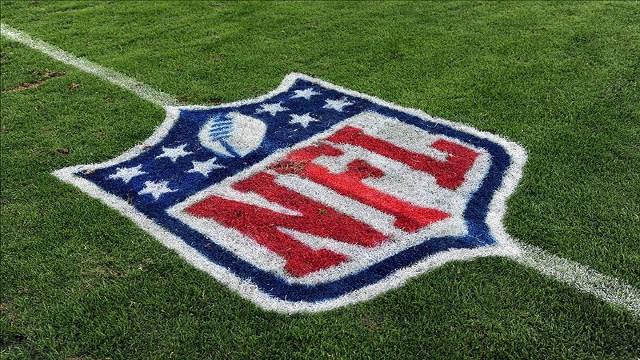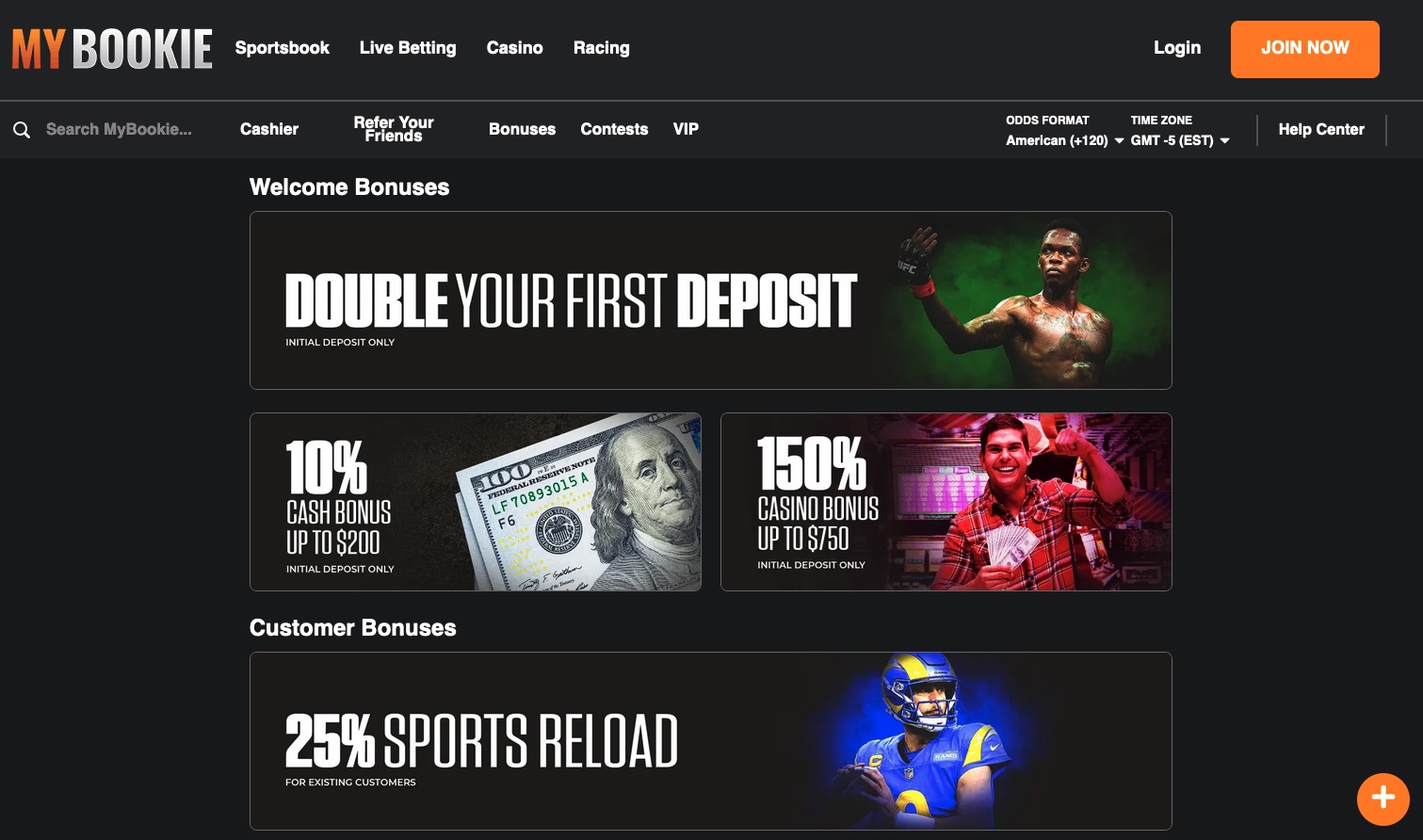Instant live betting may be on the horizon
Pointsbet announced that it was setting up a process to accept in-play bets within a second. The company acknowledged that one of the most frustrating experiences a better can face is when they try to get a bet down in the closing minutes of a game, but the delay in accepting the wager results in the odds changing drastically or the bet simply being refused continuously as the sportsbook attempts to change the line real time. The industry standard for a delay in deciding whether to accept or reject an offer is usually about 5 to 9 seconds and this time is necessary to provide the book the ability to take into account a slight TV delay which could give those attending an event live a distinct advantage. Naturally, the type of sport, the amount of time left in the event, the bet being offered and the odds are most important in determining whether the delay is necessary and how long the delay needs to be.
A little history of In-Game Betting
The first company to offer in-play betting was World Sports Exchange, at the time a top offshore sportsbook located in Antigua. I recall speaking to the late Steve Schillinger about 'live betting' when the company went live with it in the late 1990s. I asked Schillinger how the company was able to offer odds in-play without risk and he pointed to the day trading experience of himself along with Jay Cohen and Haden Ware when they worked on the Pacific Stock Exchange.  He said that the combination of knowing when to buy and when to sell along with understanding of risk tolerance crossed over perfectly between the stock market and sports. But he also said with sports there is a larger risk than the stock market, depending on the type of bet being offered, the market spread (i.e., the line) and the timing.
He said that the combination of knowing when to buy and when to sell along with understanding of risk tolerance crossed over perfectly between the stock market and sports. But he also said with sports there is a larger risk than the stock market, depending on the type of bet being offered, the market spread (i.e., the line) and the timing.
For example, he noted that for futures markets the risk was lower than on games themselves. Early on the risk is low, but it increases as the event/season progresses. He pointed to Tiger Woods as an example of what he meant. He said for golf, which was one of the most successful offerings at WSEX, he monitored the PGA Tour website closely when the tournament wasn't on TV and understood that there was always a delay in the website score postings and the actual play. If he saw a lot of people trying to lay Tiger (i.e., bet against him winning) early on Day 1, he assumed Tiger hit a ball out of bounds or in the water and people were looking for what they deemed to be free money.  But he also knew that even if Tiger dropped a shot or two, he would likely make it up, so he was willing to accept the risk of providing the slightly inflated odds of him losing the tournament. If he saw something similar close to the end of the second round when the cut would be decided or late in the tournament, he would never process an in-play bet until he was sure what has happened, because if a golfer in the lead hits it in the water, it would affect the market odds immensely. The same held true for any in-play bets on games. Early in the game, he and WSEX would process bets without delay, realizing the risk was low. But, as the game progressed the company had no choice but to put in a 10 to 15 second delay to make up for the delay in the TV feed to Antigua to take away the obvious advantage to anyone betting at the game or in a TV market where the delay was much shorter. And late in the game this meant that the only time the risk was really worth the gamble to WSEX was when there was a halt in play for a TV timeout. Schillinger said that he realized there was a frustration among bettors who try to get down bets late but kept getting shut out, but it was a necessary evil that both sides had to accept.
But he also knew that even if Tiger dropped a shot or two, he would likely make it up, so he was willing to accept the risk of providing the slightly inflated odds of him losing the tournament. If he saw something similar close to the end of the second round when the cut would be decided or late in the tournament, he would never process an in-play bet until he was sure what has happened, because if a golfer in the lead hits it in the water, it would affect the market odds immensely. The same held true for any in-play bets on games. Early in the game, he and WSEX would process bets without delay, realizing the risk was low. But, as the game progressed the company had no choice but to put in a 10 to 15 second delay to make up for the delay in the TV feed to Antigua to take away the obvious advantage to anyone betting at the game or in a TV market where the delay was much shorter. And late in the game this meant that the only time the risk was really worth the gamble to WSEX was when there was a halt in play for a TV timeout. Schillinger said that he realized there was a frustration among bettors who try to get down bets late but kept getting shut out, but it was a necessary evil that both sides had to accept.
After the 1990s the Betfair betting exchange (now owned by Flutter) became the most common place to bet in-play and even there a delay in processing bets was put in place, despite the fact it is player-to-player betting. Betfair justified the delay as follows:
"In-play markets usually carry a time delay varying from 1-12 seconds. This delay is in place to allow customers to cancel unmatched orders on the system when there is a change in market conditions. This delay protects both backers and layers and leads to greater liquidity." In better words, even though Betfair only takes a commission on bets, they want to ensure that the bet offer was placed under fair conditions to both sides, as a a bet cannot be one-sided.
For the last decade in-sports betting has become more common at all online sportsbooks although the number of bets has increased. Aside from just outright wins, sportsbooks have been offering odds on props e.g., "Will the current drive result in a TD?", "Who will be the next touchdown scorer?", "Will Justin Thomas get a par, birdie or other on the next hole?", etc. Bet365 has probably been the most successful at offering in-play wagering and has had the most options. Along with the mainstream sports, they were also the first to offer in-play wagering on sports like tennis, cycling, golf props, auto racing and even Oscars betting. With the non-main sports, the bets offered have generally only been on the winner, although in tennis they offer odds on the next point in major championships with no delay. I spoke to a former linemaker at Bet365 who told me that the company has worked out deals with the leagues to get real time coverage, so there is no TV delay. He claimed that this has proved hugely beneficial to Bet365 and has made them the biggest in-play betting company in the world.
I asked him about Pointsbet's claim that they will process all in-play bets within 1 second and he said it's not possible.
"The company must be able to look at their overall position and decide individually if a bet is worthwhile. Forget the TV delay, it’s about assessing the whole situation and the current position of the book. This goes back to bookmaking 101. If 100 bets come in at the same time at max stake on the same in-game prop, are you going to accept every one of them? The risk is monumental. While it's not feasible to balance every book you have to at least try to get even action and that includes in-play bets. More critical than that is the propensity of companies like Pointsbet to offer absolutely everything in-play and accept bets to not appear to be wishy-washy. On any given match there will be 50 in-play bets and on a Sunday they will have that many for all NFL games. How can they keep up on that without a delay, regardless of the number of traders they have? The technology doesn't exist to handle it all and flooding the book with more options than the house can process is disastrous and will inhibit growth. If they want to put up in-play odds on Sunday night, Monday and Thursday games for NFL, World Series games for baseball and such where there is only one event going on then sure. But they better be willing to increase that one second delay late in the game or they could risk the going concern of the business."
I thought that last comment was a bit bizarre, but then I realized you only had to look at the last two Cleveland Browns games to realize he is right. Against the New York Jets on September 18th, the Jets scored twice in the last 1:20 seconds to win.  ESPN's win percentage went from 99.9% at that time to just 21% after Flacco threw the second TD. Based on those percentages if a sportsbook was willing to offer say 200/1 odds on the Jets to win that game and they kept accepting bets with no delay, it wouldn’t take many $50 bets to put the company at risk. Consequently, every sportsbook pretty much turned off the in-play odds on that game when the odds that would need to be offered wasn't worth the risk to the company's viability. Similarly in last night's Thursday night game, it appeared that Pittsburgh to cover the 6.5 point spread against the Cleveland Browns was a sure thing after Nick Chubb appeared to get a first down, but the official review showed him short. And a subsequent punt and awful lateral play by Pittsburgh led to a Cleveland TD that gave them the win against that spread. These unlikely, but often late, debacles require that books suspend all bets at some point so they can decide whether the acceptance of a bet is worthwhile. Simply accepting a bet with no delay could be a disaster.
ESPN's win percentage went from 99.9% at that time to just 21% after Flacco threw the second TD. Based on those percentages if a sportsbook was willing to offer say 200/1 odds on the Jets to win that game and they kept accepting bets with no delay, it wouldn’t take many $50 bets to put the company at risk. Consequently, every sportsbook pretty much turned off the in-play odds on that game when the odds that would need to be offered wasn't worth the risk to the company's viability. Similarly in last night's Thursday night game, it appeared that Pittsburgh to cover the 6.5 point spread against the Cleveland Browns was a sure thing after Nick Chubb appeared to get a first down, but the official review showed him short. And a subsequent punt and awful lateral play by Pittsburgh led to a Cleveland TD that gave them the win against that spread. These unlikely, but often late, debacles require that books suspend all bets at some point so they can decide whether the acceptance of a bet is worthwhile. Simply accepting a bet with no delay could be a disaster.
So, it appears that Pointsbet's announcement that they are preparing to accept in-play bets with no delay is admirable, but it may not be feasible. There are far too many variables and as one of the great bookmakers in the business once told me, "Every bookmaker thinks they are the best at their jobs. But there are always a few bettors that are sharper and smarter than you who will kill you if you let them. The key is to identify them early on and make sure that you are not setting yourself up to be their victim."
This same axiom holds true with in-game betting.
Read insights from Hartley Henderson every week here at OSGA and check out Hartley's RUMOR MILL!







































